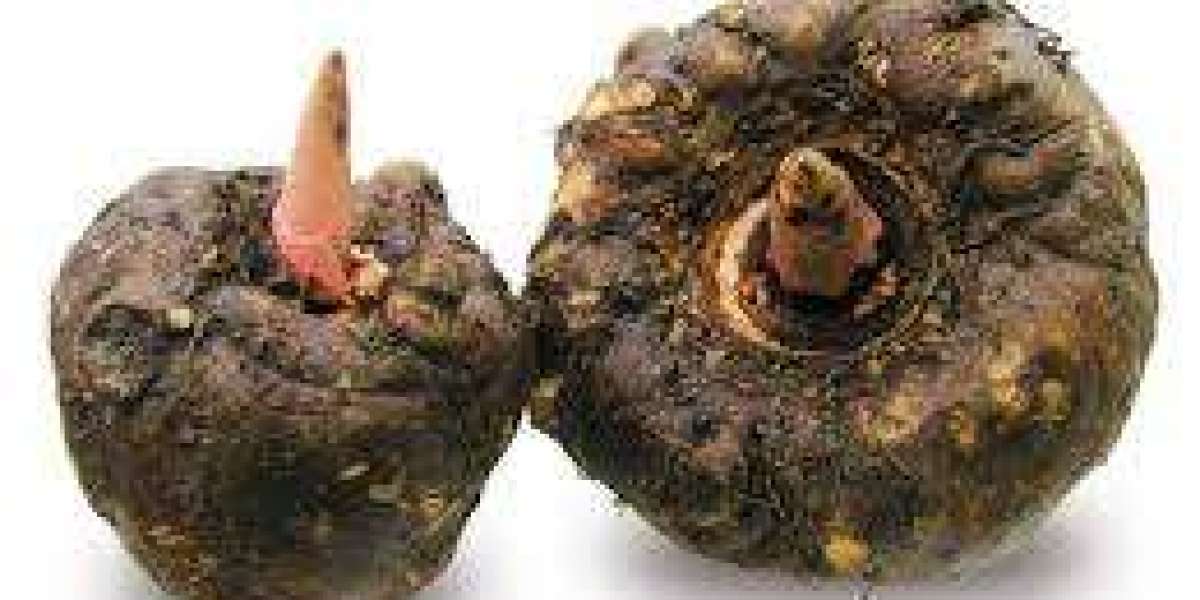The Konjac Market continues expanding in 2025, but successful global distribution depends on careful navigation of varying regulatory standards and certifications across major regions.
Why Regulatory Compliance Is Crucial
As konjac becomes a widely used ingredient in dietary supplements, functional foods, and plant-based alternatives, authorities have increased oversight on its formulation, dosage, labeling, and safety. Regulatory compliance is no longer optional—it’s a core requirement for:
Market access and trade approvals
Consumer trust and product credibility
Label claims, marketing campaigns, and retailer partnerships
Failure to align with regional requirements can result in fines, import rejections, product recalls, or brand damage.
North America: FDA and CFIA Compliance
United States (FDA Regulations)
In the U.S., konjac products are regulated based on their intended use:
Food category (e.g., noodles, rice): Must meet FDA food additive regulations and GRAS (Generally Recognized As Safe) status.
Supplement category: Requires labeling under Dietary Supplement Health and Education Act (DSHEA). Glucomannan dosage must be specified, along with health disclaimers.
Key requirements include:
Nutritional labeling with fiber content and daily value.
Allergen declarations, even if not present, for precaution.
Warning labels for high glucomannan dosages (>3g/day), which must carry hydration advice.
Canada (CFIA Oversight)
In Canada, the Canadian Food Inspection Agency (CFIA) oversees konjac foods, while Natural Health Products (NHPs) are regulated by Health Canada.
Glucomannan is permitted as a natural health ingredient in weight management supplements.
Labels must be bilingual (English and French).
Evidence for health claims is mandatory for NHP licenses.
European Union: EFSA Guidelines and Organic Standards
EFSA (European Food Safety Authority)
Europe’s health-conscious population demands rigorously tested ingredients. EFSA governs:
Maximum daily glucomannan intake (3g/day for adults).
Approved health claims such as “contributes to weight loss when part of an energy-restricted diet.”
Packaging and Labeling in the EU
Health claims must cite EFSA-approved phrasing.
Nutrition Facts must follow EU format with allergens, fiber, sugar, and fat declarations.
Claims like “low-calorie,” “sugar-free,” or “vegan” require proof and verification.
Organic and Sustainability Certifications
EU markets strongly prefer certified organic konjac. Major certifications include:
EU Organic Certification (green leaf symbol)
Soil Association (UK)
ECOCERT (France)
These demand non-GMO farming, no chemical inputs, and traceability from soil to shelf.
Asia-Pacific: Country-Specific Regulations
China
As the largest producer of konjac, China regulates it via the National Health Commission and State Administration for Market Regulation (SAMR).
Konjac flour is classified as a food additive and traditional ingredient.
Exports must comply with General Administration of Customs rules on labeling, safety, and traceability.
China also mandates:
Maximum intake instructions on packaging.
No misleading claims or unverified benefits.
Japan
In Japan, konjac (or "konnyaku") is a culturally rooted food. It's regulated as a traditional ingredient with modern guidelines:
Packages must display calorie, fiber, and food additive content.
Konjac jellies must be shaped and labeled to prevent choking risk (especially for children), as mandated by Consumer Affairs Agency.
South Korea
Konjac is used both as food and in cosmetics. Key requirements include:
KFDA (Korea Food & Drug Administration) approval for health supplements.
HACCP certification for food processing plants.
Halal certification for exports to the Middle East and Muslim-majority countries.
Middle East and Africa: Growing Regulation and Halal Focus
Though nascent, regulation in MEA is strengthening:
Gulf countries follow GCC Standardization Organization norms.
Halal certification is essential for acceptance in UAE, Saudi Arabia, and Indonesia.
Arabic labeling, ingredient disclosure, and shelf-life markings are mandatory.
Africa’s growing import market is adopting Codex Alimentarius standards, but enforcement varies by country.
Latin America: Import Regulation and Labeling Focus
In Latin America, konjac is entering through Brazil, Chile, and Mexico.
ANVISA (Brazil) treats konjac as a novel food and requires pre-market approval.
Spanish/Portuguese labeling, expiration date, and import certificates are required.
Health claims must align with local dietary frameworks and Codex standards.
Global Certification Overview
Regardless of region, the following certifications improve credibility and retail access:
ISO 22000: For food safety management.
HACCP: Hazard control in production.
USDA Organic: For entry into U.S. health retail chains.
Non-GMO Project Verified: A popular mark in North America.
Halal & Kosher: Essential for religious markets.
Vegan Society or V-Label: For plant-based positioning.
These certifications are often displayed on packaging, digital stores, and promotional material to build consumer trust and satisfy retailer checklists.
Labeling Trends in 2025
Modern consumers demand more than just compliance—they expect transparency. Labels now feature:
QR codes linking to origin data and test reports.
AI-enabled interactive labels offering multilingual support.
Icons for quick visual reference (fiber-rich, keto-friendly, sustainable, etc.)
Clear and compliant labeling increases purchase confidence, particularly in competitive online marketplaces.
Conclusion: Regulatory Readiness Equals Market Readiness
For brands in the konjac space, understanding and anticipating regulatory shifts is not just a back-end function—it’s a growth enabler. Certification readiness, local labeling expertise, and health claim discipline define how quickly a product can enter and scale in any given market.
With the global konjac market poised for even deeper penetration in wellness and health nutrition, regulatory alignment will remain a decisive factor in product acceptance, brand trust, and long-term success.








